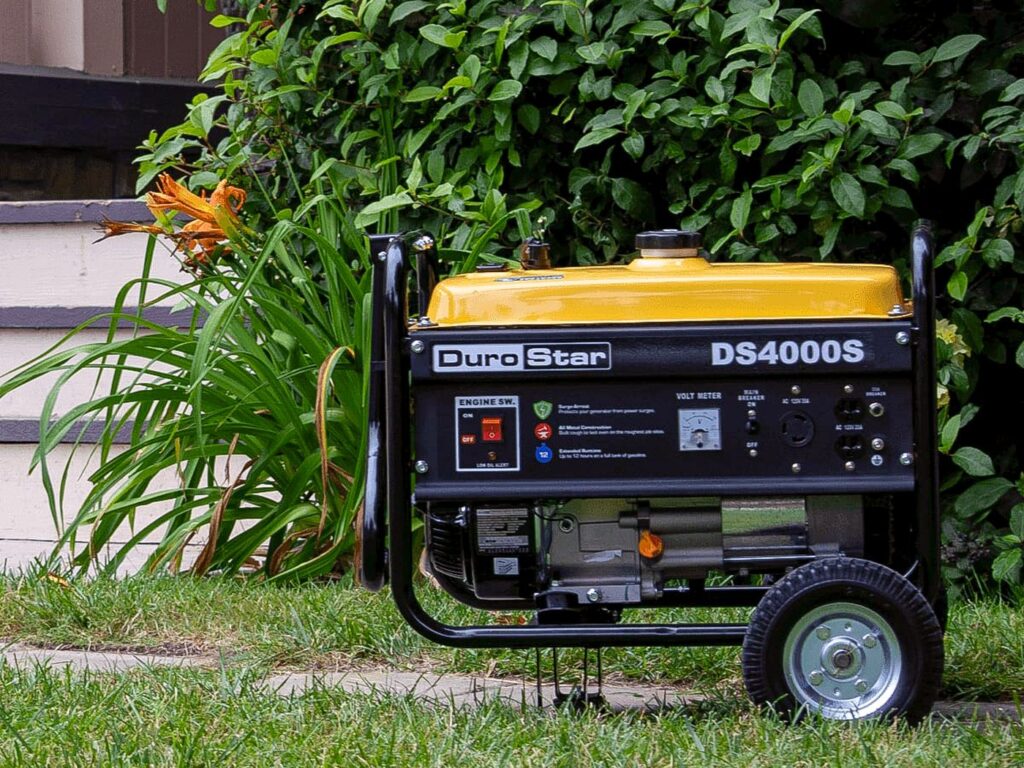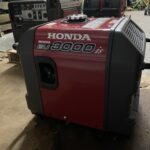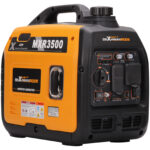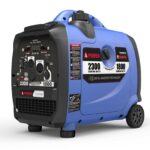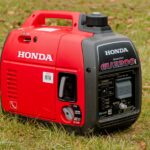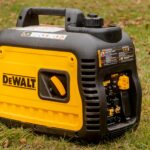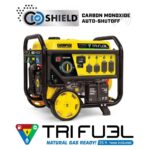Are you in the market for a new house generator? If so, you’re in the right place! In this house generator review, we’ll cover all the information you need to know about generators, from types and features to price and installation. We’ll help you make an informed decision about which generator is best for your home. Read on to get the inside scoop on house generators.
Portable Generators
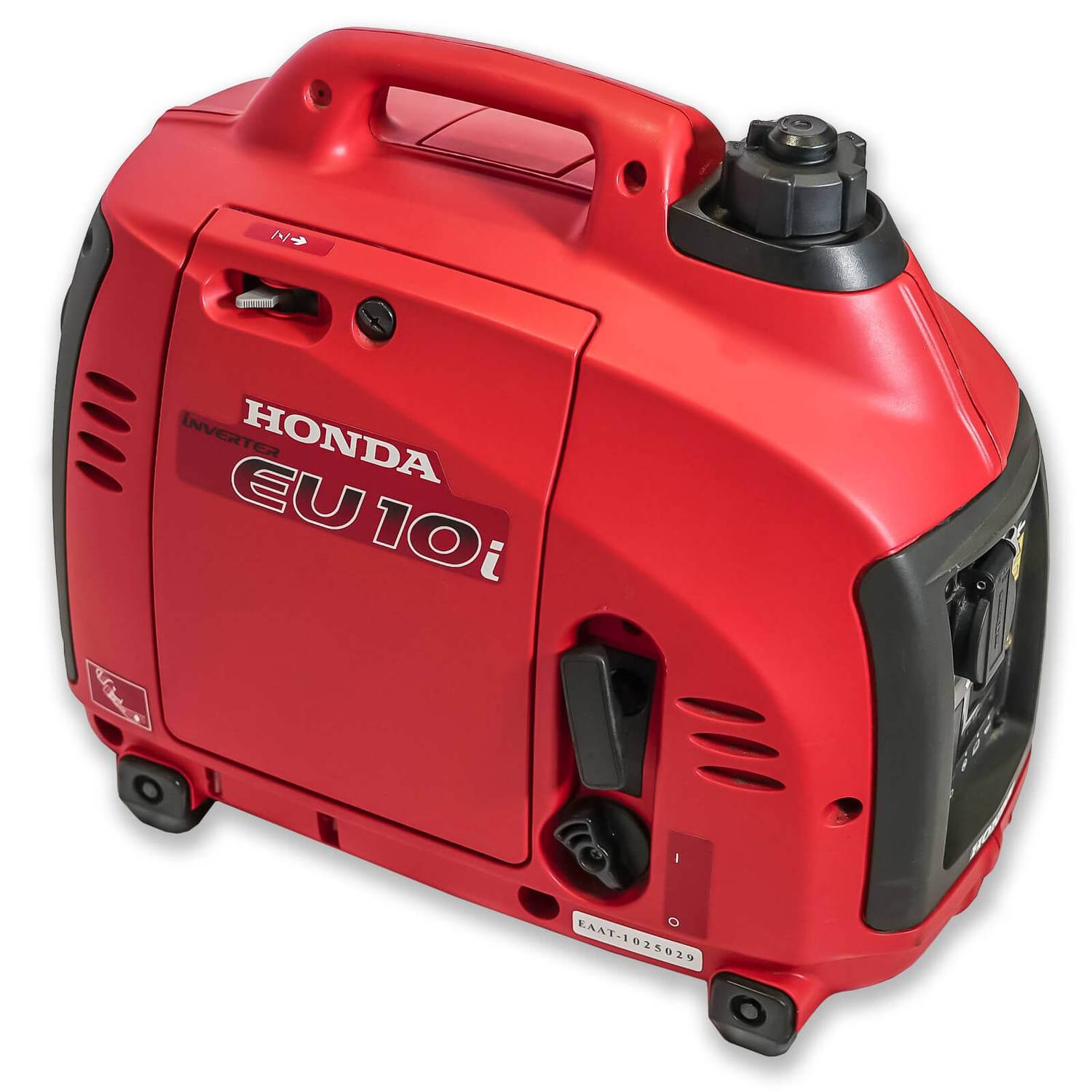
Portable generators are a great way to bring power to areas where it is not available. They are relatively lightweight and can be easily moved around, making them ideal for RV camping, tailgating, and other recreational activities. Portable generators are also a great choice for powering small tools and electronics such as laptops, TVs, and phones.
Standby Generators
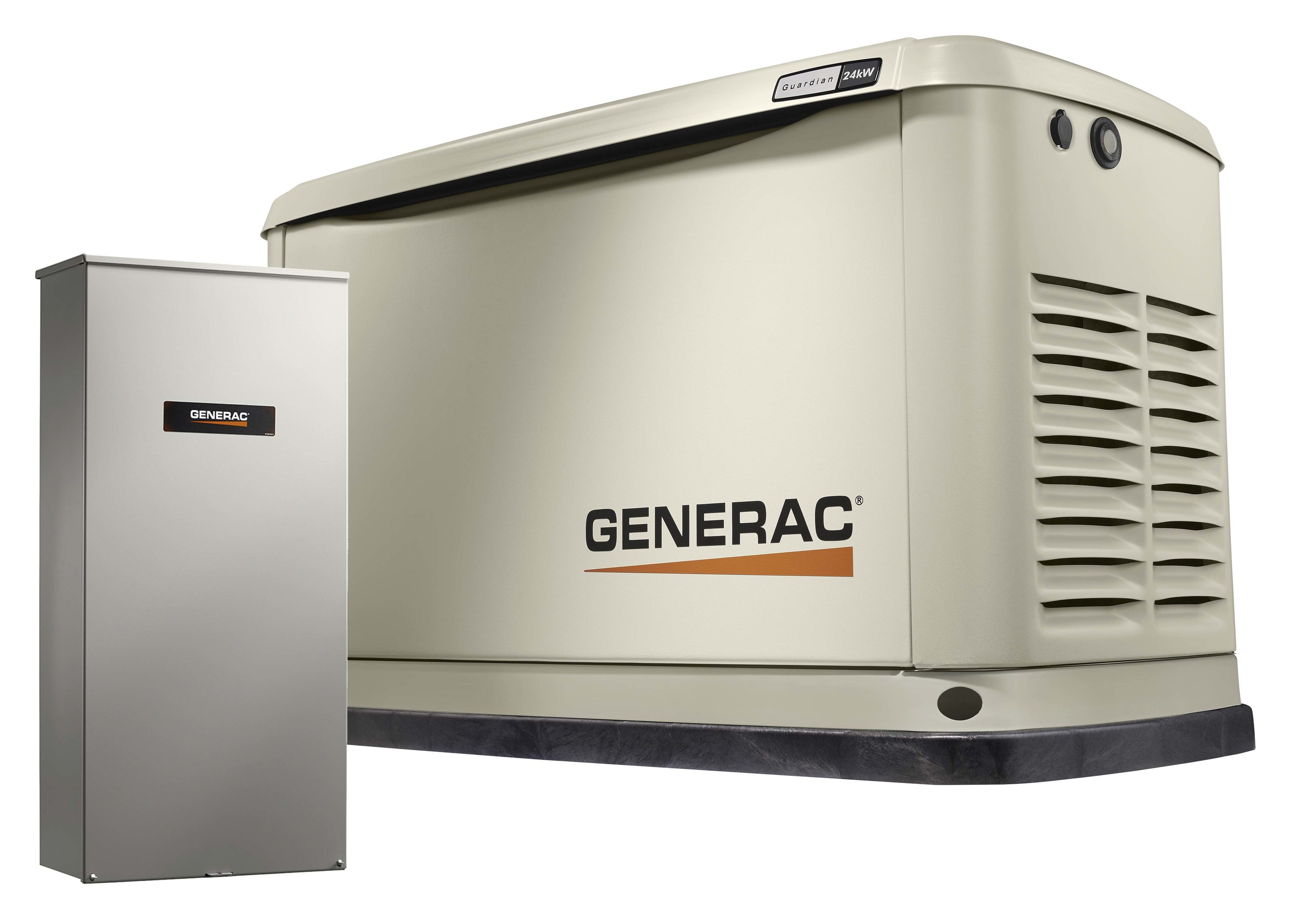
Standby generators are a great choice for those who want reliable power in the event of a power outage. Standby generators are permanently mounted outside the home and connect to the home’s natural gas or propane lines. They are programmed to kick on automatically in the event of a power outage and provide enough power to keep essential appliances running.
Inverter Generators
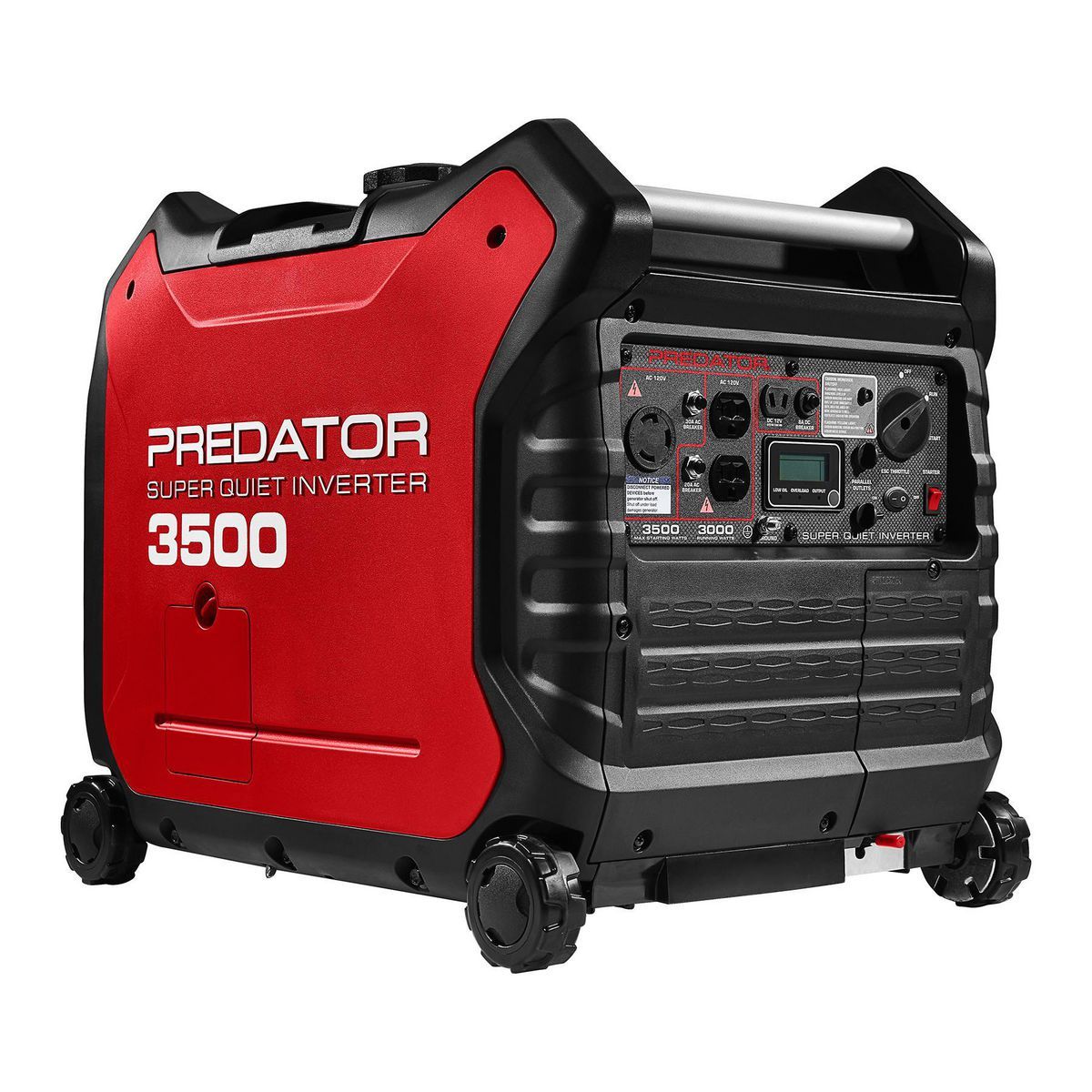
Inverter generators are the most advanced type of generator. They are incredibly quiet and fuel-efficient, making them perfect for camping trips, tailgating, and other recreational activities. Inverter generators also provide clean power, which is important for powering sensitive electronics such as laptops, phones, and TVs.
Benefits of Home Generators
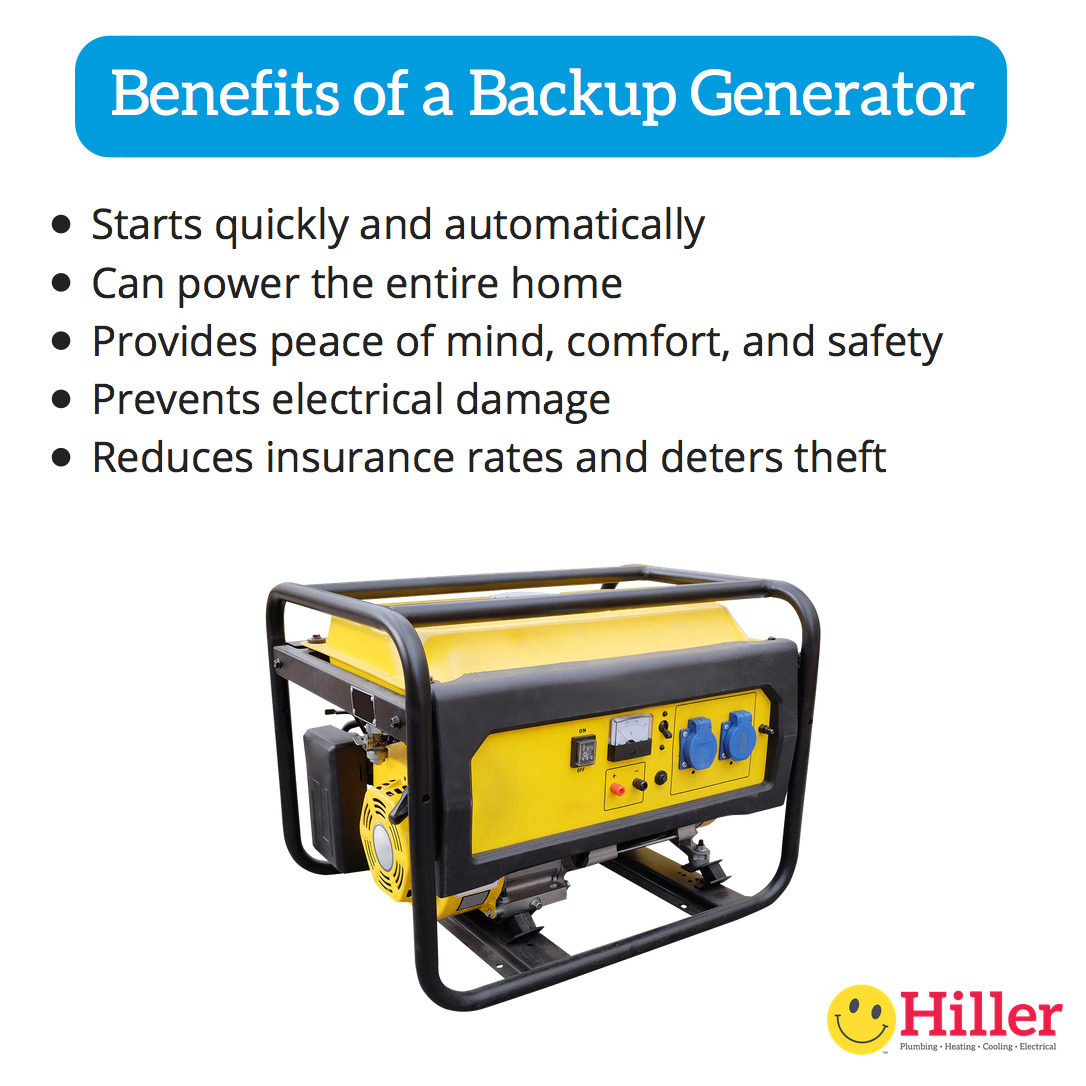
| Benefit | Description |
|---|---|
| Power Outage Protection | A home generator will keep your home appliances and electronics running during a power outage. |
| Safety | A home generator can provide a safe environment during a power outage and can be used to power the lights, refrigerator, furnace, and other essential equipment. |
| Convenience | A home generator can be used to provide electricity to appliances and electronics without having to rely on the utility grid. |
| Cost Savings | A home generator can save you money by reducing the amount of electricity you use from the utility company, as well as the cost of running the generator. |
| Environmental Benefits | A home generator can reduce the amount of CO2 emissions released into the atmosphere, as well as reduce the need for burning fossil fuels to generate electricity. |
Home generators can provide a variety of benefits to homeowners, including power outage protection, safety, convenience, cost savings, and environmental benefits. By having a reliable source of backup power, homeowners can protect their home and family during a power outage. Home generators can also provide a safe environment during a power outage and can be used to power the lights, refrigerator, furnace, and other essential equipment. Home generators can also be used to provide electricity to appliances and electronics without having to rely on the utility grid, and can save you money by reducing the amount of electricity used from the utility company, as well as the cost of running the generator. Additionally, home generators can reduce the amount of CO2 emissions released into the atmosphere, as well as reduce the need for burning fossil fuels to generate electricity.
Considerations for Choosing a Home Generator
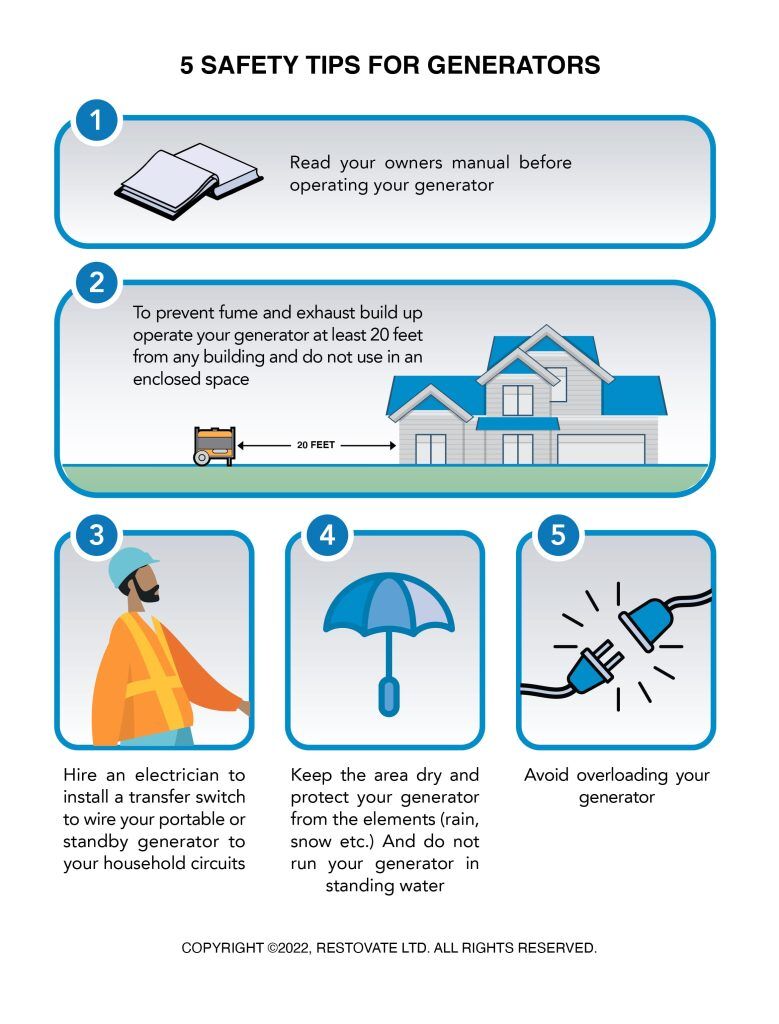
When it comes to selecting a home generator, there are plenty of factors to keep in mind. Before making a purchase, consider the following:
Size: Generators come in a variety of sizes, from small portable models to larger, stationary models. Decide which size best fits your needs and the available space in your home.
Type of Fuel: Generators run on different types of fuel, such as gasoline, diesel, propane, or natural gas. Choose the type of fuel that is most convenient for your home.
Cost: Home generators come with a wide range of price tags, so consider your budget before making a purchase. Keep in mind that higher-end models are often more reliable and cost-efficient in the long run.
Power Output: Make sure the generator you choose can provide enough power to run all of the appliances and electronics you want to use. Refer to the wattage rating of each appliance to determine the right size generator for your home.
Noise Level: Home generators can be noisy, so be sure to select one that won’t be too disruptive. Look for models with noise-reducing features such as sound shields or mufflers.
Maintenance: Read up on the maintenance requirements of the generator you are considering. Some models require more regular maintenance than others.
Installation: Consider the cost of installation before you make a purchase. Some models can be installed by a professional, while others require DIY setup.
These are just a few of the things to consider when choosing a home generator. Be sure to do your research and ask questions before making a purchase to ensure you get the best generator for your needs.
Generac
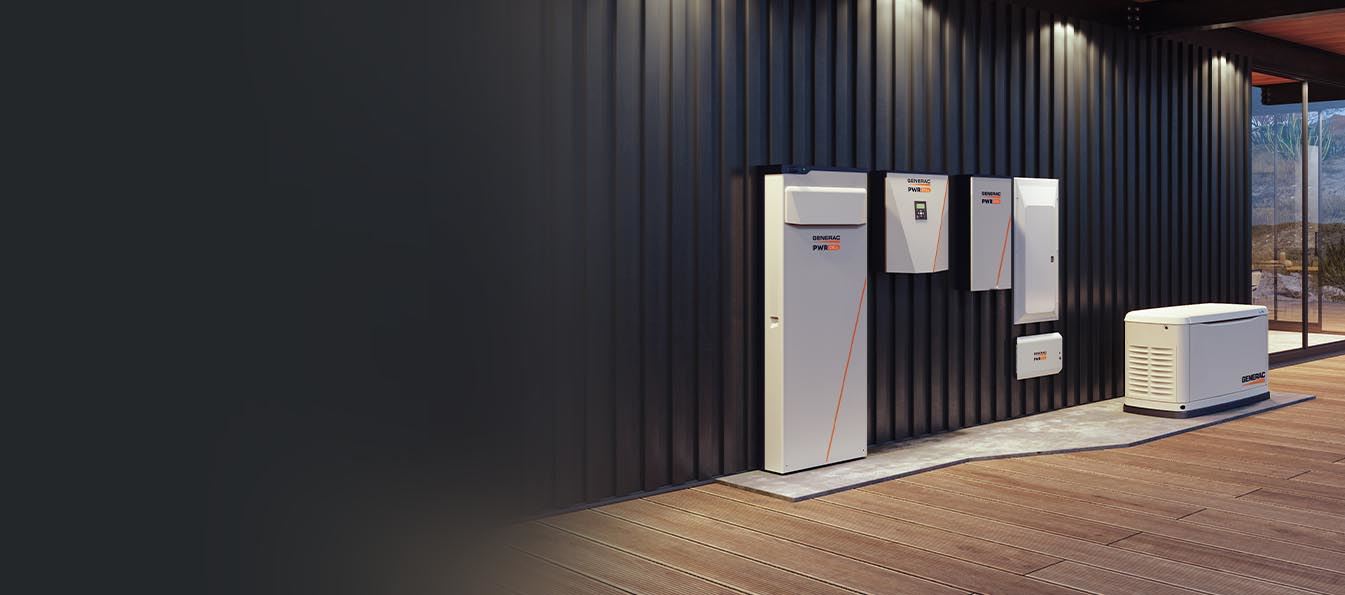
Generac is a leading manufacturer of power generators for home use. Their products are reliable, efficient, and easy to use. They offer a wide range of products for both residential and commercial use, making them a great choice for any application. Generac generators are also backed by a comprehensive warranty, giving you peace of mind.
Briggs & Stratton
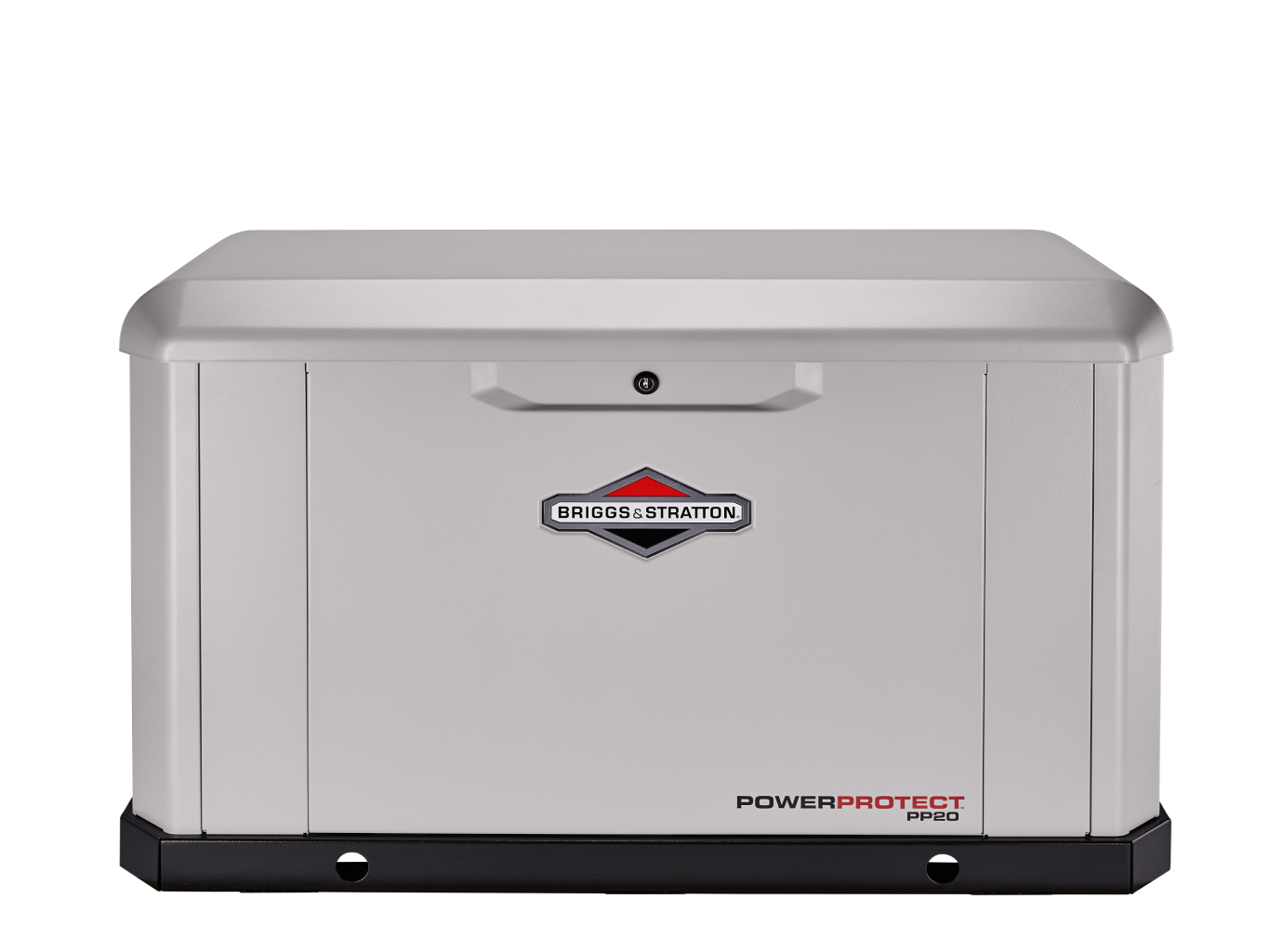
Briggs & Stratton is another well-known brand when it comes to power generators. Their products are built with quality components and their generators are both reliable and powerful. They offer a range of products for both residential and commercial use, so there is something for everyone. Plus, their generators come with a comprehensive warranty for added protection.
3. Kohler
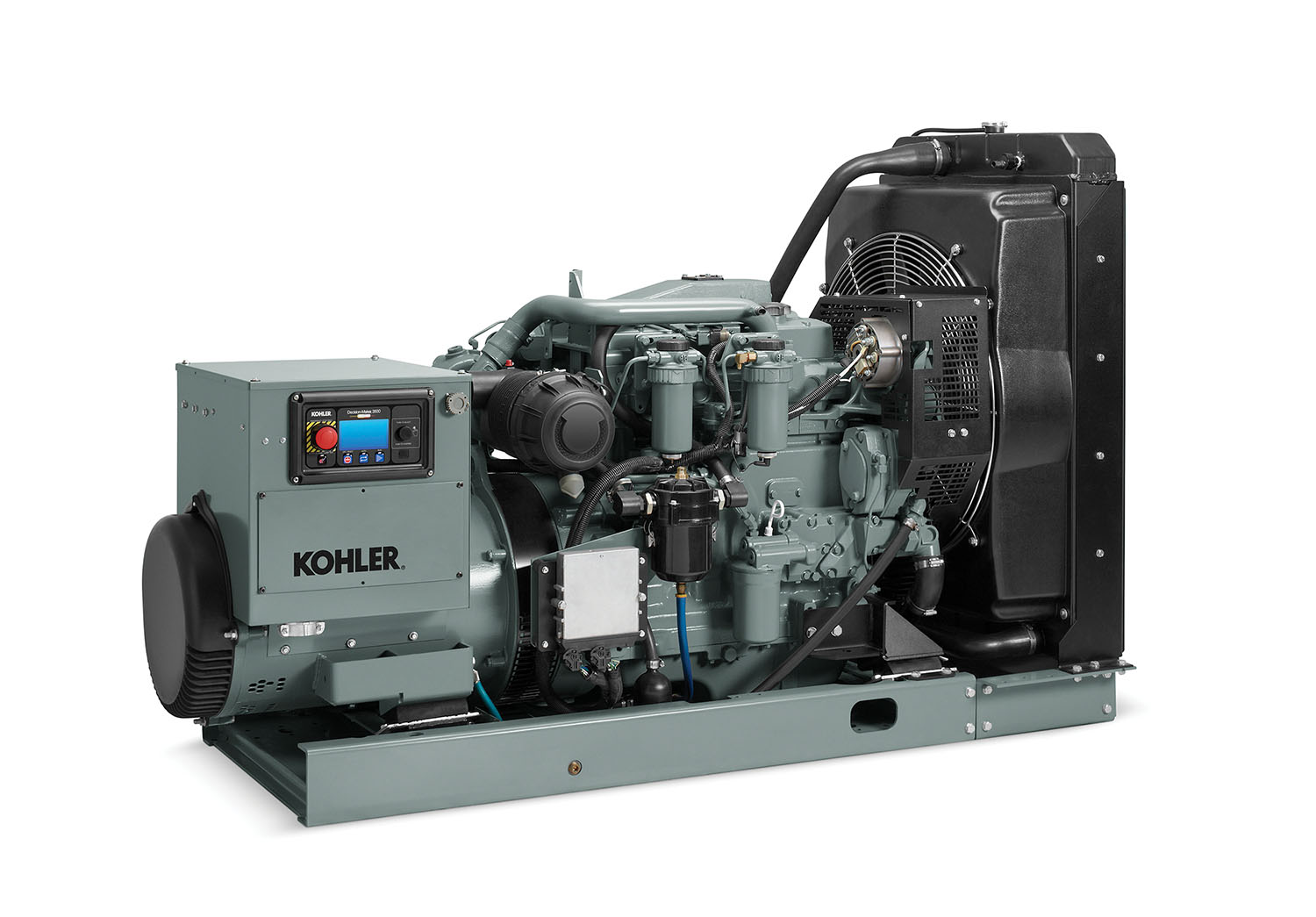
- Powerful 20,000-watt air-cooled standby generator.
- Industrial-grade steel enclosure
- 5-year warranty
- Quiet operation
- Easy installation
- Connects to natural gas or liquid propane
- Compatible with an automatic transfer switch
4. Yamaha
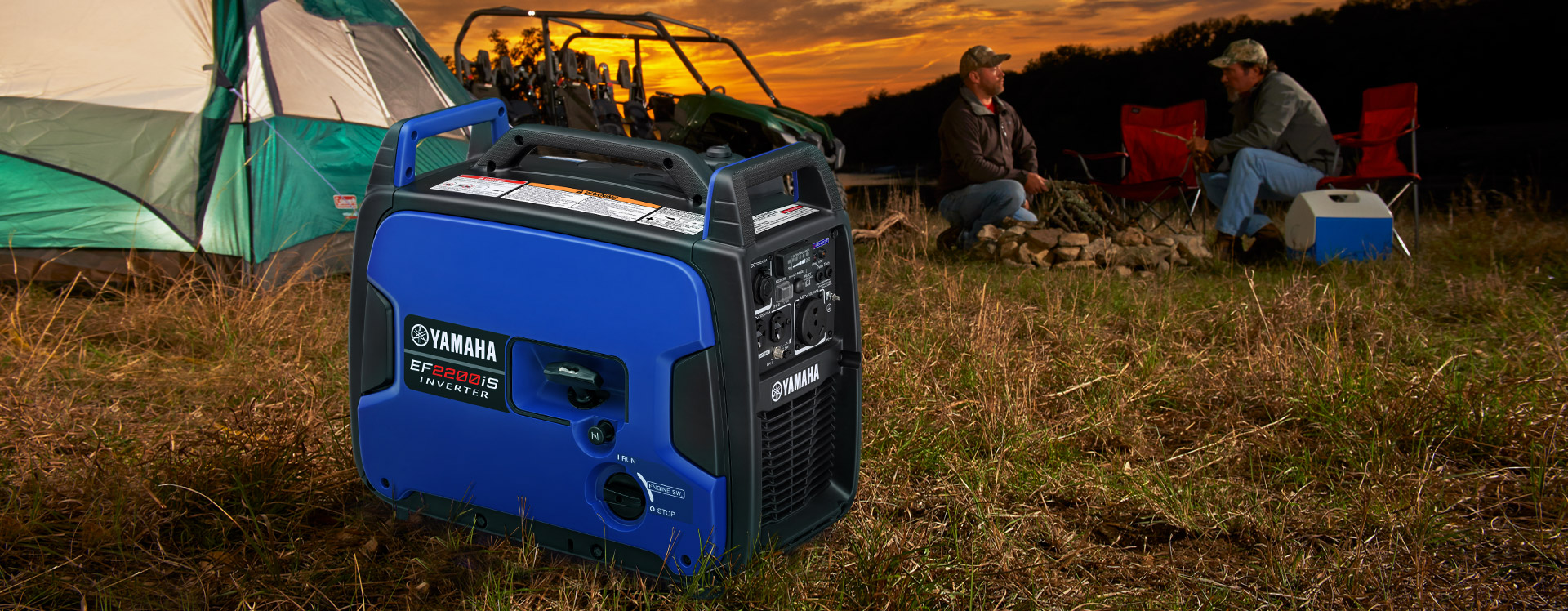
- Yamaha offers a wide range of generators from home to commercial use.
- The EF2000iSv2 is a lightweight and portable inverter generator with a 1600-watt output.
- It features ‘Smart Throttle’, a load-sensing technology that automatically adjusts engine speed to the load.
- It has a fuel tank capacity of 1.1 gallons and can run up to 10.5 hours at ¼ load.
- It is also equipped with a noise reduction system to reduce emissions.
5. Westinghouse
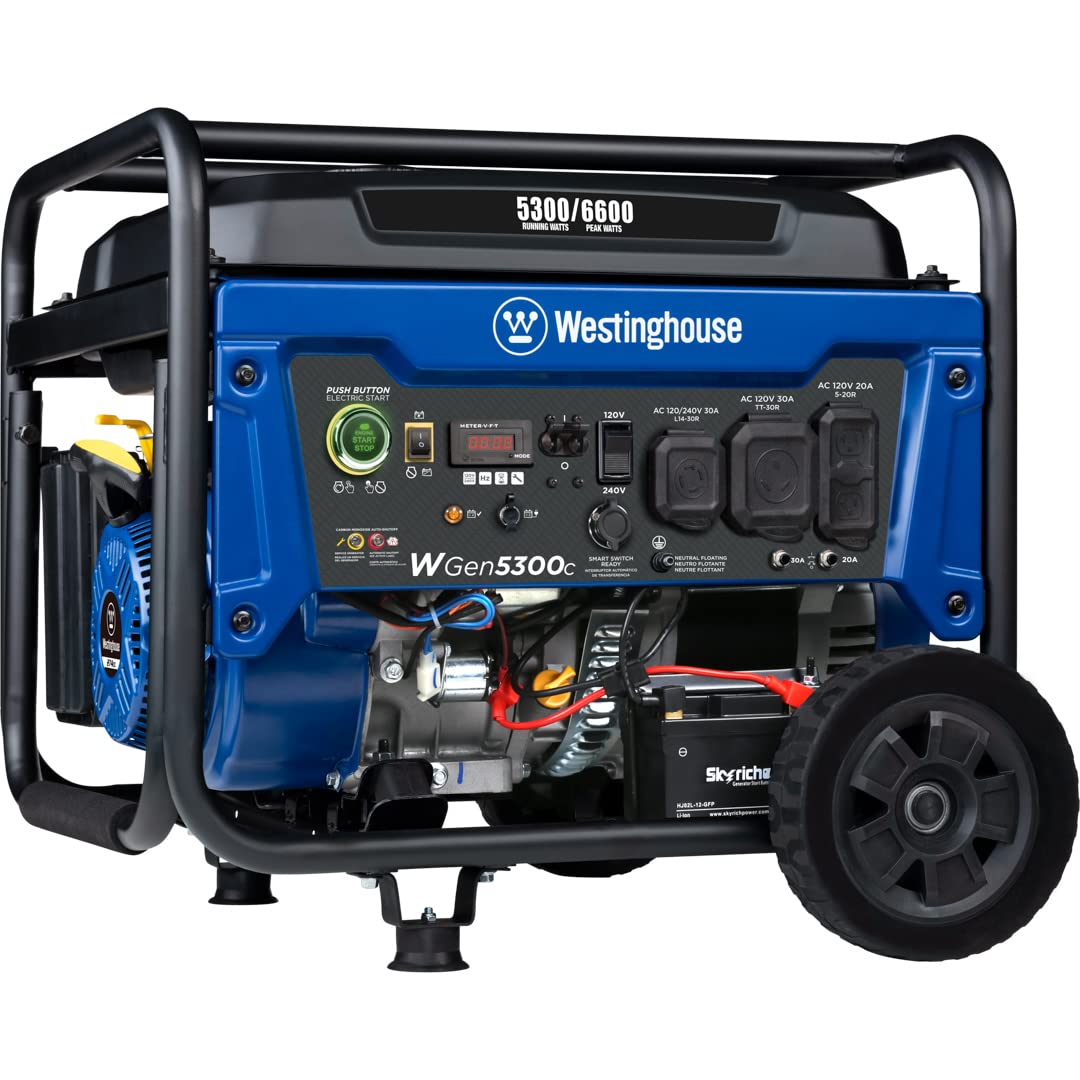
| Model | Power Output | Weight | Price |
|---|---|---|---|
| WGen7500DF | 7,500W Surge/6,875W Rated | 195lbs | $899 |
| WGen3600DF | 3,600W Surge/3,240W Rated | 138lbs | $599 |
Westinghouse is a trusted name in the generator industry and the company offers several models that are well-suited for home use. The WGen7500DF and WGen3600DF are two of the most popular models. The WGen7500DF is a powerful generator that can produce 7,500W of surge power and 6,875W of rated power. It has a robust build and weighs 195lbs. The WGen3600DF is a smaller model that produces 3,600W of surge power and 3,240W of rated power. It is more lightweight at 138lbs. Both models are reasonably priced with the WGen7500DF retailing for $899 and the WGen3600DF retailing for $599.
Pros and Cons of Home Generators
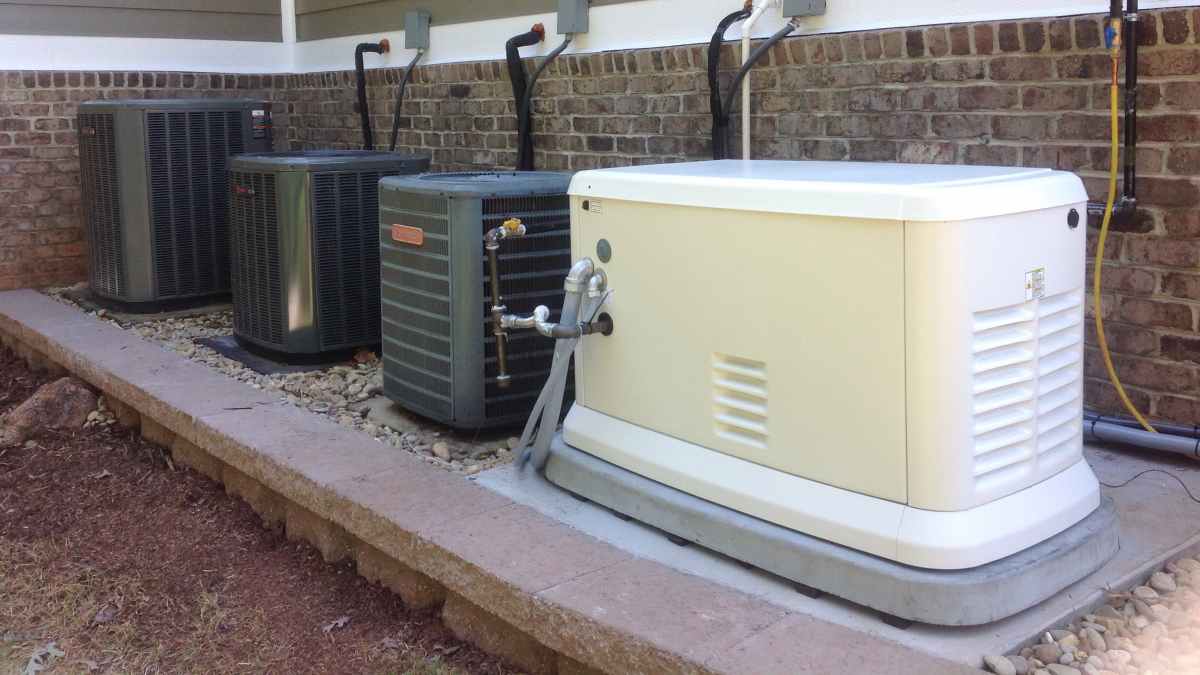
-
Pros:
- Provide backup electricity during power outages
- Can be used to supply power to selected areas or the whole house
- Can be used for recreational activities
- Can be powered by multiple fuel sources, including natural gas, diesel, and propane
- Quieter than traditional generators
-
Cons:
- Expensive upfront cost
- Installation costs and maintenance can be expensive
- Potential safety risks if not properly installed
- Must be properly ventilated to avoid buildup of carbon monoxide
Cost of Home Generators
The cost of home generators varies depending on the size, type, and power of the generator. The most common home generators are gas-powered, as they are generally cheaper than diesel or propane-powered generators. A basic portable, gas-powered generator will start at around $500, while a permanently installed, higher-capacity generator can cost up to $10,000 or more. Additionally, installation and maintenance costs should be factored in when considering the total cost of a generator.
Safety Tips for Home Generators
| Tip | Explanation |
|---|---|
| Read the Manual | Read the manual for your generator carefully and follow all instructions regarding installation, use and maintenance. |
| Install Properly | Make sure you install your generator in accordance with local codes and manufacturer’s instructions. |
| Check Voltage | Check the voltage output of your generator regularly to ensure it is within the range specified by the manufacturer. |
| Keep Away from Windows | Never install your generator near windows or doors as exhaust gases can enter the house and cause health problems. |
| Keep it Dry | Make sure your generator is kept dry and away from moisture to prevent potential fire hazards. |
| Stay Away from Fuel | Never store fuel near the generator and never refuel while the generator is running. |
| Be Cautious with Power Sources | Do not plug your generator into a wall outlet as this can cause a power surge or backfeed and result in injury or death. |
| Know Shut-Off Points | Be aware of the location of the generator’s shut-off points in case of an emergency. |
| Store Properly | When not in use, store your generator in a cool, dry place and make sure the fuel tank is empty. |
Frequently Asked Questions
What are the benefits of home generators?
Home generators provide a reliable source of power during outages, ensuring that essential appliances such as refrigerators and lights continue to work. They also provide much-needed protection from the elements, such as flooding or strong winds. Home generators are typically quieter than portable models, and are more cost-effective in the long run. Home generators are easy to install and maintain, and can be connected to a range of home appliances. Finally, they provide peace of mind, knowing that you and your family are prepared in the event of a power outage.
What should I look for in a house generator?
When choosing a generator, consider the size of the generator, the type of fuel it requires, the noise level, and the cost of maintenance. The size of the generator should be large enough to power your home and all its electrical needs, including air conditioning and heating. The type of fuel it requires should be compatible with your location and the type of energy you are looking for. Consider the noise level, as a noisy generator can be disruptive to a peaceful environment. Lastly, factor in the cost of maintenance, as some generators may require more frequent maintenance than others.
How can I ensure my home generator is running safely?
Ensuring a home generator is running safely requires regular maintenance and inspections. Homeowners should check the oil, coolant, and fuel filters regularly, and make sure the engine is in good running condition. If the generator has been running for a long time, the engine should be serviced and the spark plugs replaced. Additionally, the generator should be connected to a transfer switch or load center to ensure that it is not sending power back onto the public grid. Finally, it is important to read and follow the manufacturer’s instructions when using the generator.
What are the Pros and Cons of Different Types of House Generators?
Portable Generators: Pros – lightweight, portable, and easy to set up; Cons – limited power output, require manual refueling, and may emit loud noise.
Standby Generators: Pros – automatic switch-over to generator power, higher power output, and quieter operation; Cons – must be professionally installed, more expensive to purchase and maintain, and may require special permits.
Inverter Generators: Pros – quieter than traditional generators, more efficient, and provide clean power; Cons – limited power output, more expensive than traditional generators, and may require special permits.
How often should I review my home generator backup system?
It is important to review your home generator backup system at least once a year to ensure that it is functioning properly and is up to date. During the review, inspect the generator for signs of wear or damage, replace the oil, air, and fuel filters, check the spark plugs and wiring, and inspect the battery and fuel system. Also consider performing a generator load test to ensure that the generator is producing the proper output.
Conclusion
Generators can be an invaluable asset for your home, providing reliable emergency power during a blackout or backup power for your business. With the right generator, you can have peace of mind knowing that you’ll have the power that you need when you need it. When selecting a generator for your home, it’s important to consider your power needs, fuel type, and budget. With the right information, you can find the perfect generator for your home.
